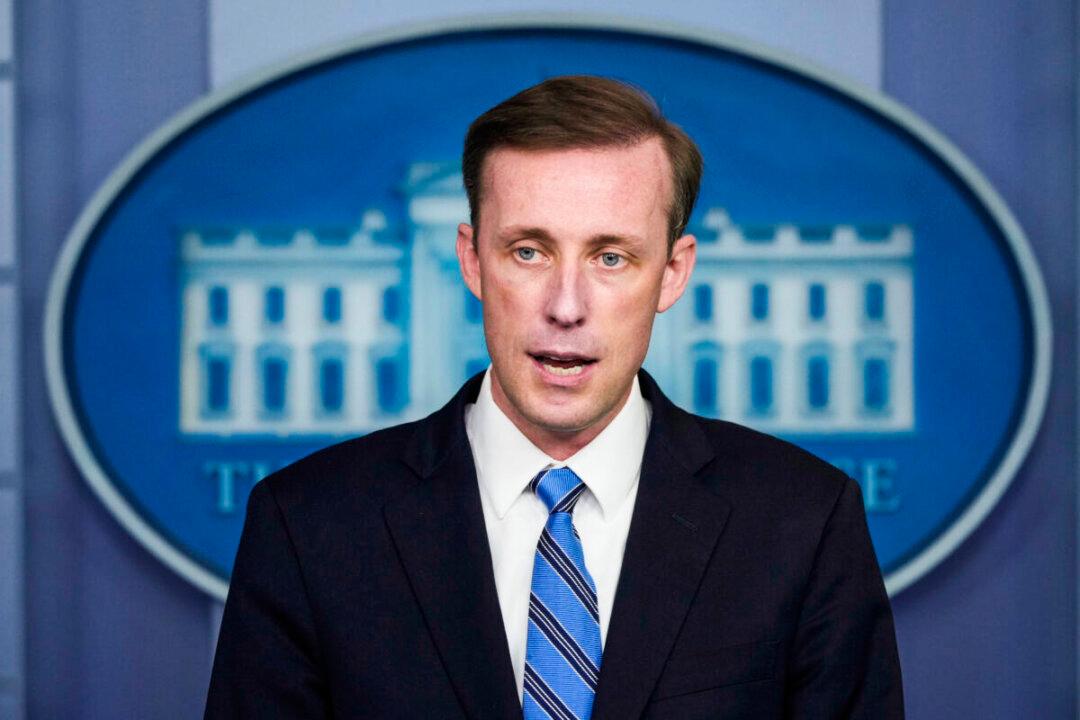The White House’s national security adviser believes that communist China can still be deterred from launching an invasion of Taiwan.
Jake Sullivan, who has served as national security adviser for the entirety of the Biden administration, said that tensions between the United States and China’s communist regime could still be solved peaceably, albeit with great difficulty.




